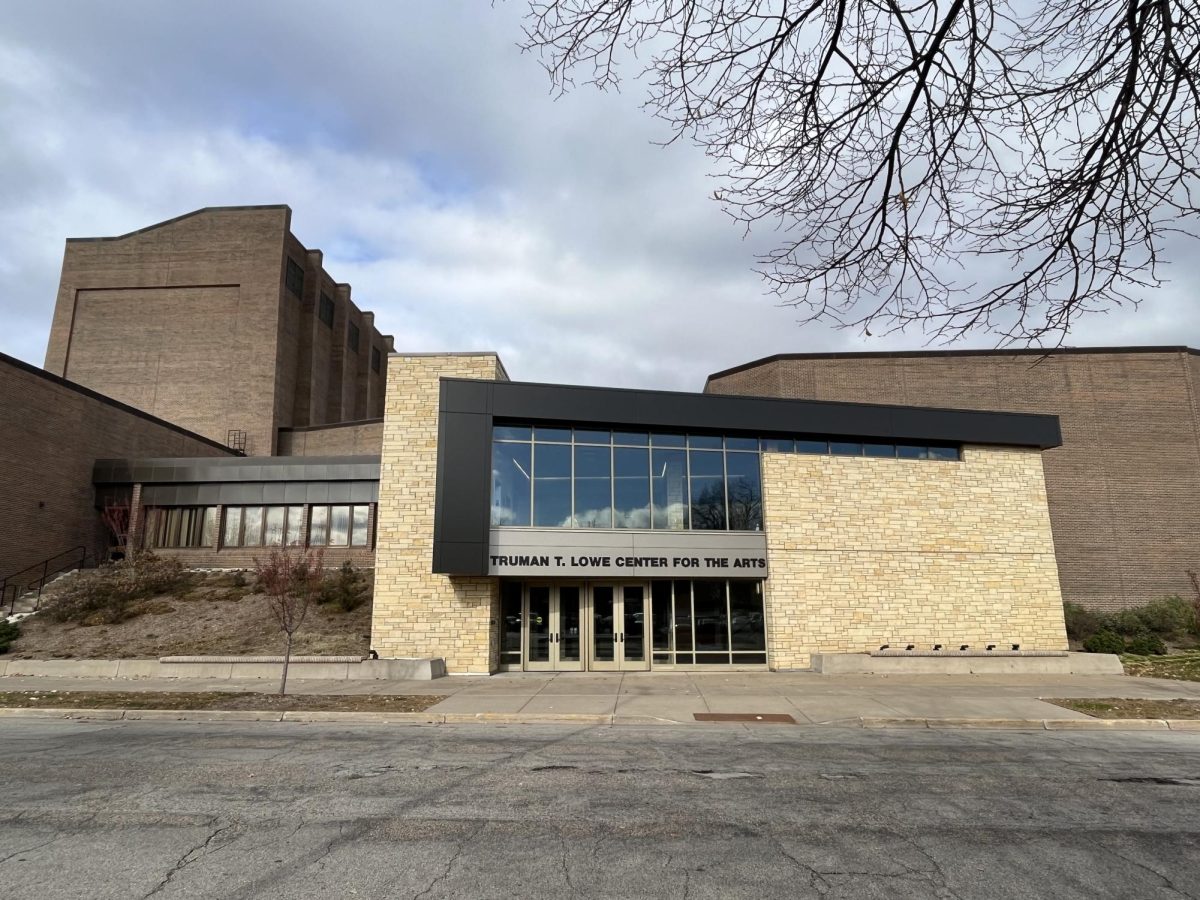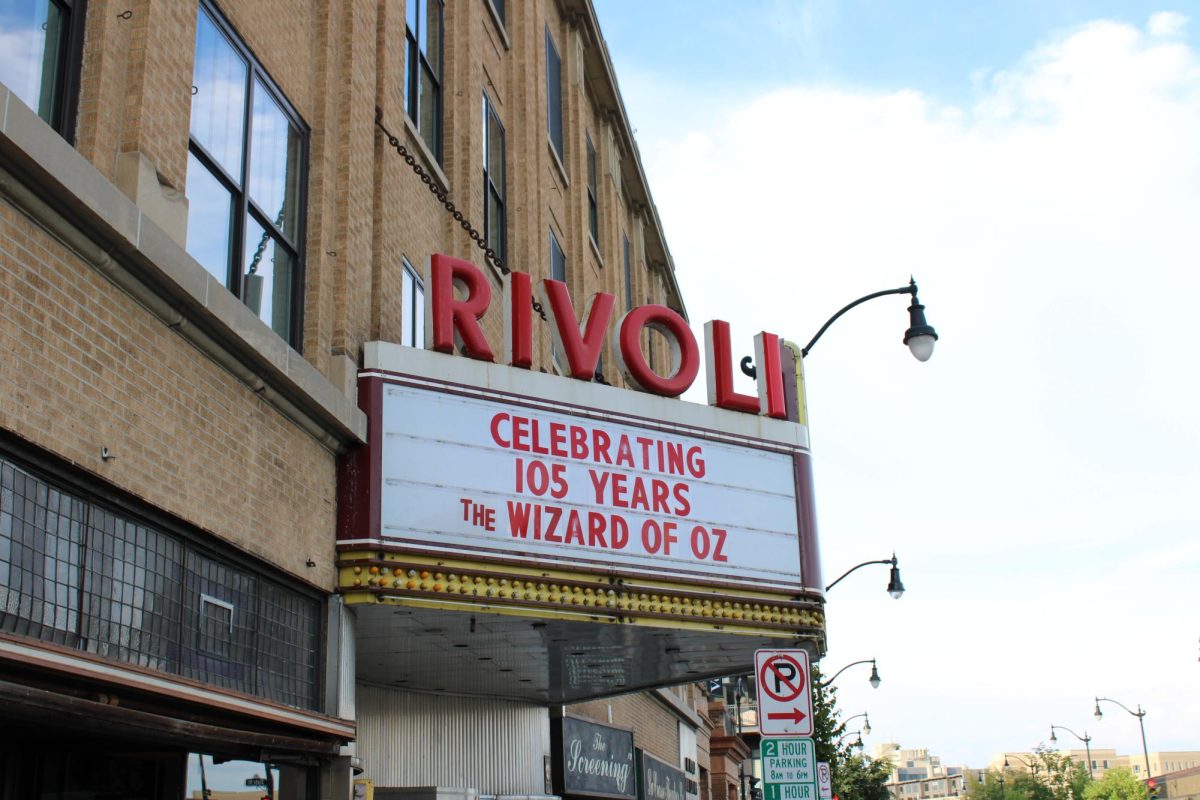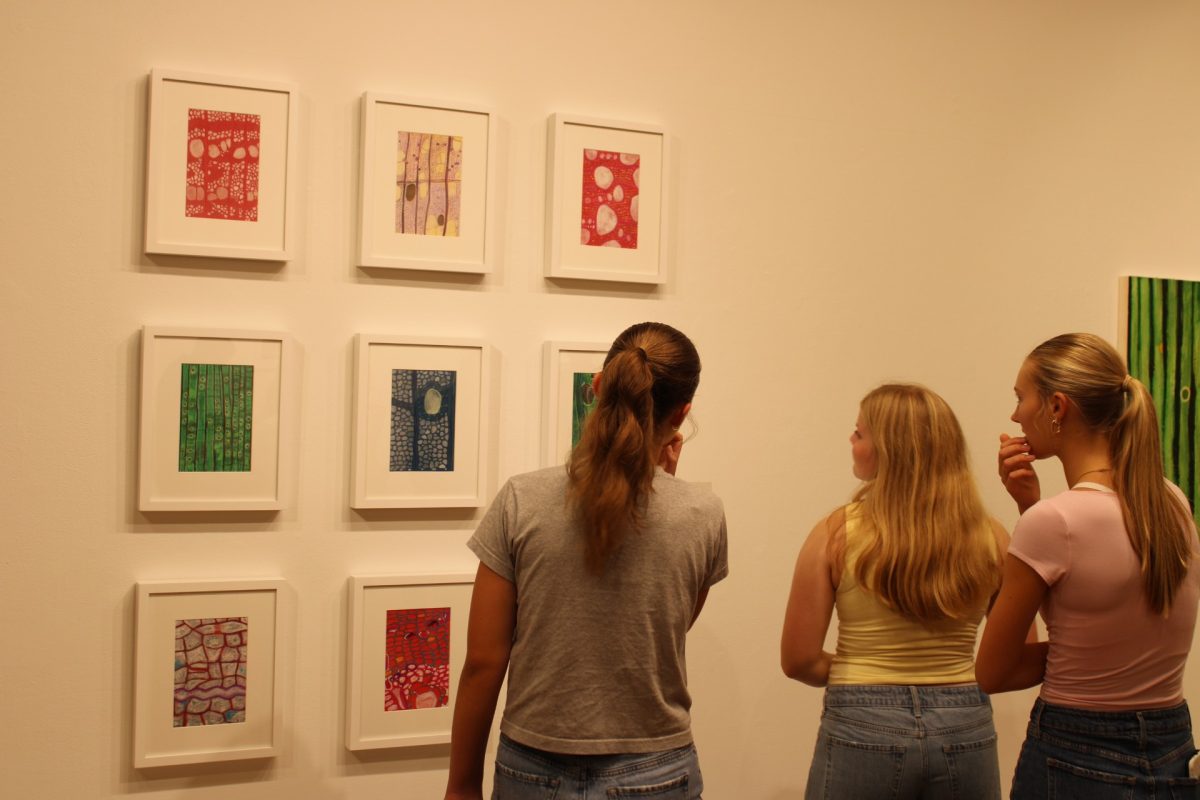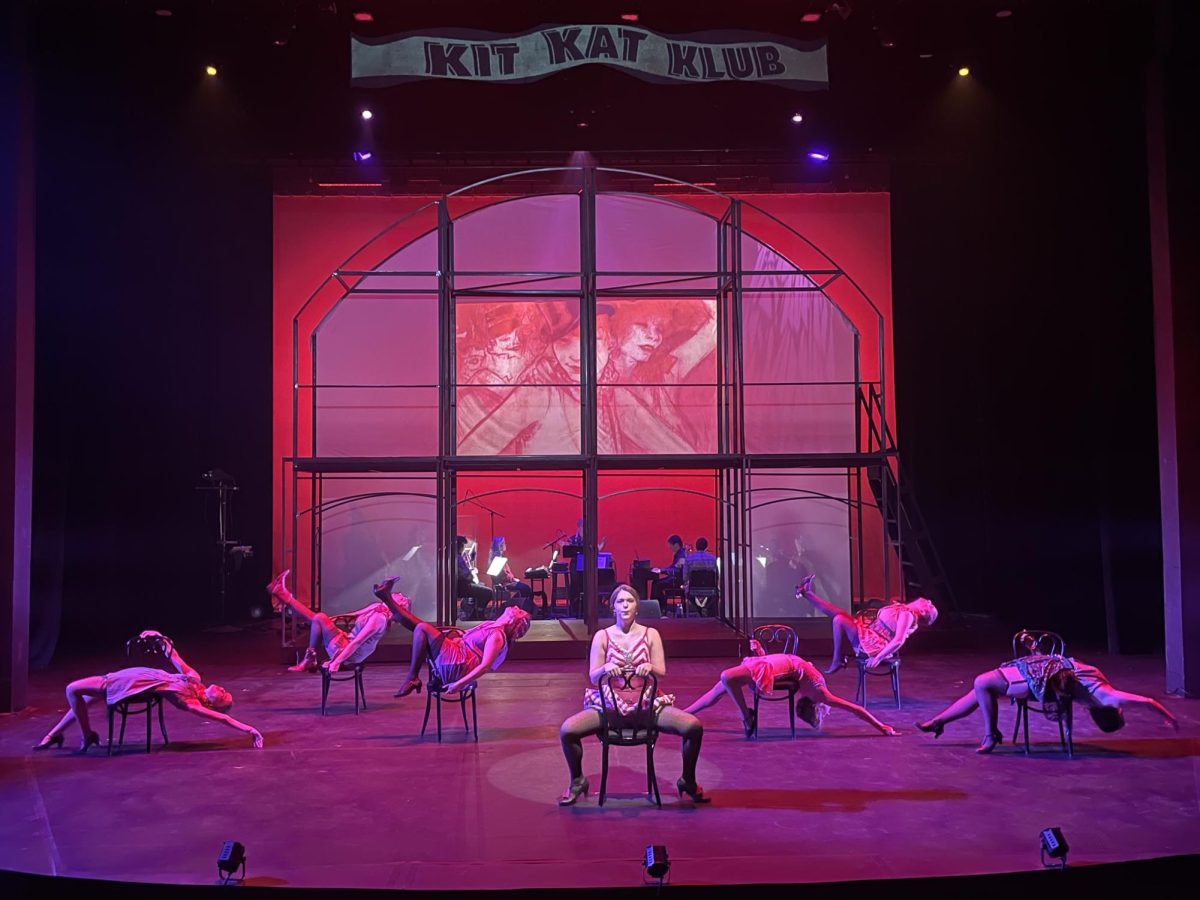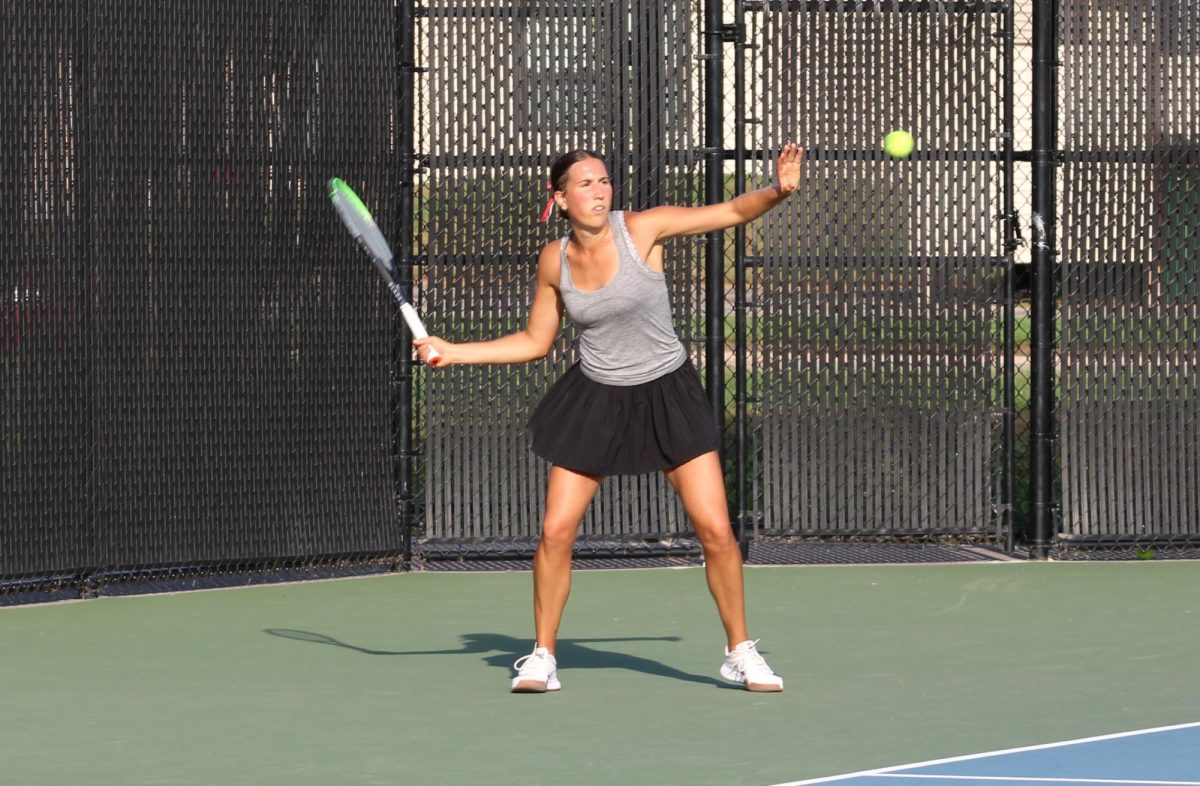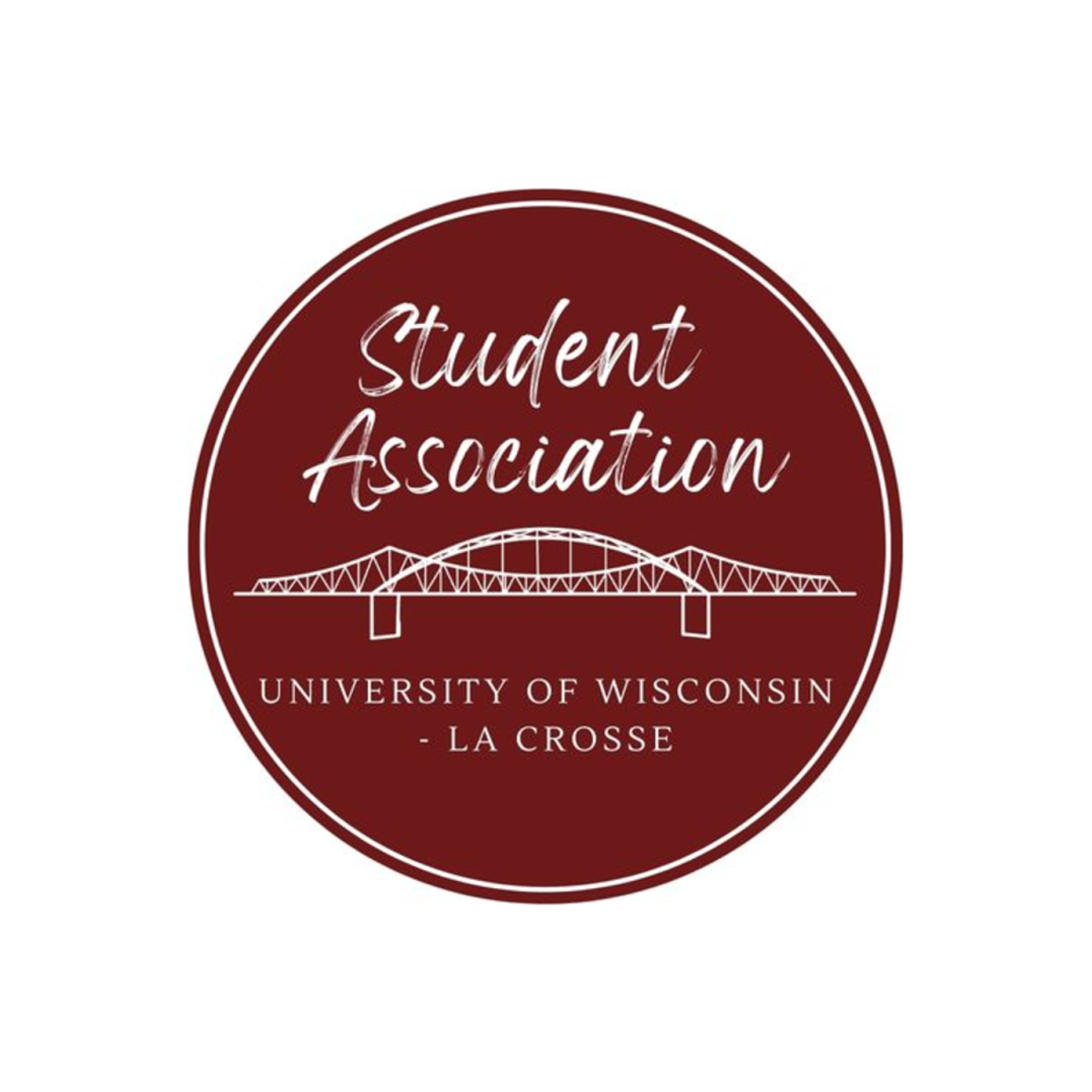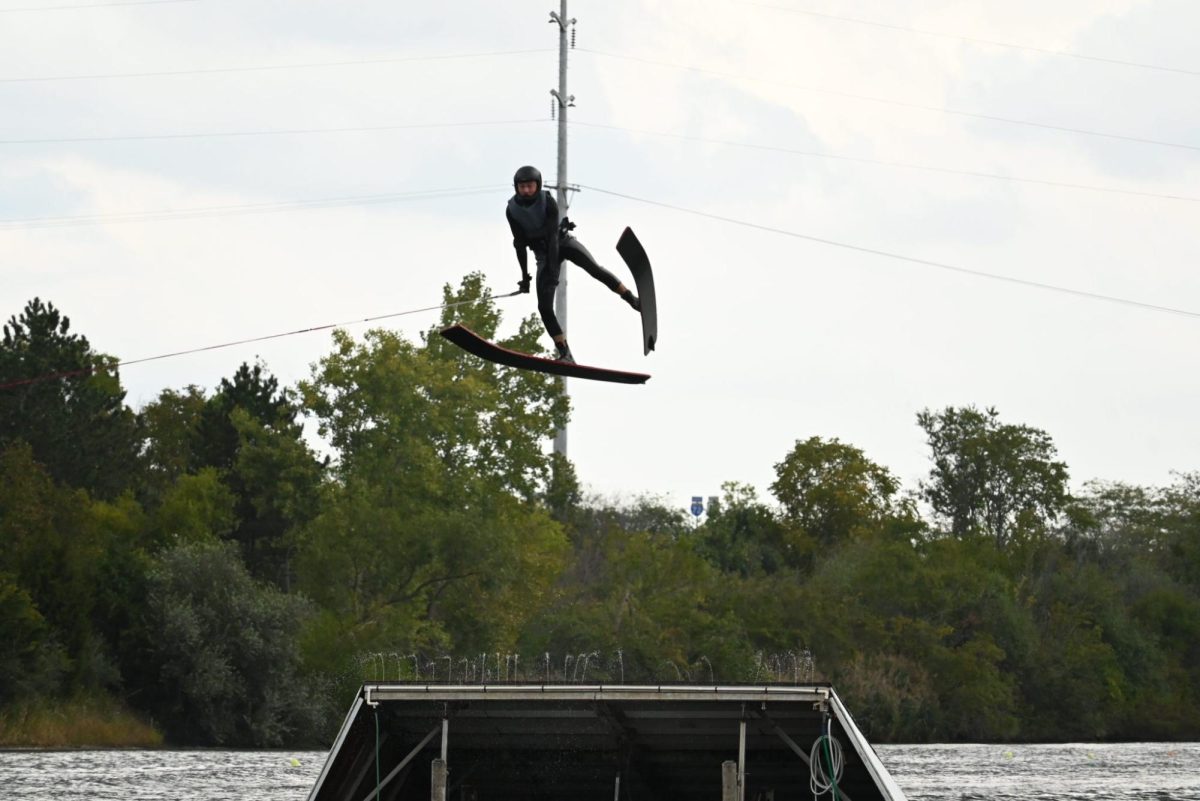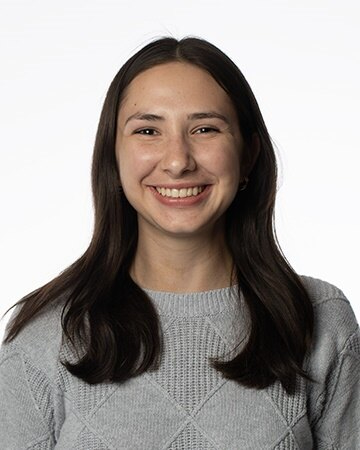The University of Wisconsin-La Crosse theatre program rehearses and produces between three to four shows each semester and at least one show in the summer.
While rehearsing for the show takes up the majority of the time for the participants, like stage crew and cast members, performing the show is the most time spent in front of an audience. But before rehearsals can even begin, the cast of characters needs to be decided. Then the students can begin memorizing lines and cues.
The audition is where the preliminary decisions are made; the callback, which is similar to auditions but focuses on a specific character and involves fewer students, is where those decisions are finalized. These two steps are important for theatre students to prepare for, as they decide the students’ roles for the production.
So how do UWL students prepare for their audition? The Racquet Press caught up with two students to learn about their processes and how they feel about auditions.
According to Fourth-year Student Caitlin Elenteny, students first visit an online callboard to find information about the shows for the semester. Then, students pick a date and a time to audition and read the requirements. Every audition requires a monologue – a long speech performed by one actor.
“Often you pick a monologue yourself, not from the show, following the requirements such as a contemporary versus a classical piece,” said Elenteny.
Elenteny typically researches the show and then chooses a monologue that fits the show’s style, as well as a character she hopes to play.
“We don’t explicitly pick which character we audition for, but we can allude to that with our choice of monologue. During callbacks, there’s a good change you might read for a specific character. Callbacks help the director make their final casting decisions,” said Elenteny.
For musicals, Elenteny mentioned those auditioning need to prepare a song, which is submitted virtually. Students then need to practice for an in-person dance call, where a small group of students learns and performs a dance combination.
Elenteny explained how she prepares for an audition. “I tend to practice the most by myself, and often into a mirror so I can watch my facial expressions. I like to be confident with the material while also taking healthy breaks, so I don’t…work myself up too much about the audition.”
While the auditions are closed, meaning other students auditioning cannot watch, the atmosphere in the lobby is supportive.
“The atmosphere has a lot of nerves, lots of people rehearsing their pieces, and often a lot of support between the actors,” said Elenteny.
Theatre student Gavin Muller spoke about how he feels in an audition.
“I usually get a little nervous, which is normal because it means I care. The nerves stay until I actually walk into the audition space. Seeing the space makes me more comfortable,” said Muller.
On the atmosphere outside the audition room Muller described his experience similar to Elenteny’s. “Performing for your peers [outside the audition room] is sometimes scary, but it’s honestly the best experience you’ll ever get,” Muller continued. “We all root for each other because we love to watch each other perform.”
Muller also spoke about his techniques for successful audition preparation. “Before I audition, I always make sure to stretch and warm up my voice. We are told to train, warm up, and practice in a healthy way,” he said.
Students audition for spring semester shows towards the end of fall semester. Unfortunately for some students, the audition week takes place in between weekends when they are performing in a different show.
Elenteny referred to this week as “dark week”, meaning there were no rehearsals for “The Wolves” happening in between weekend performances, so the stage was “dark”.
Elenteny has auditioned during “dark week” the past three years at UWL. She mentioned this is a challenge for her. “I focus on trying to find the balance of giving time for the current production I’m in, giving time to prepare audition material, and giving time for school and myself,” she said. “I just make sure to work on audition material and [The Wolves’] material at separate times.”
Muller also spoke about the challenge of rehearsing for a musical while performing in a play. “I would have to make sure I was reviewing my stuff for the play while I was learning new things for the musical. I really had to set up boundaries for myself so I didn’t get worn down.”
Both Elenteny and Muller mentioned auditions as a way for directors to see their personality and as an opportunity for them to share their work.
“If I don’t end up getting a role, it’s okay. It was still a learning experience,” Elenteny said. “I have honestly loved auditioning because I just want to show directors my work and do my best.”

